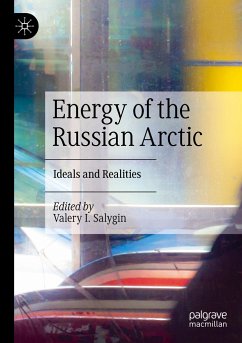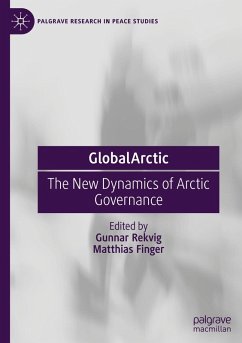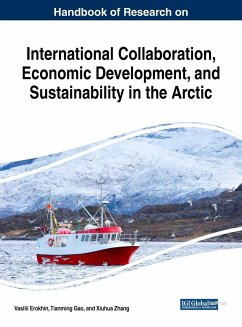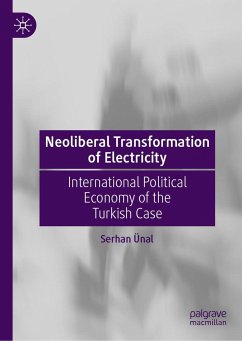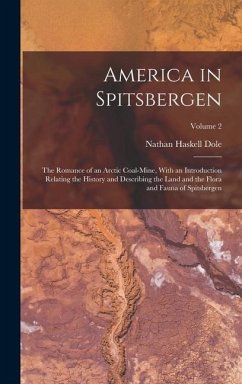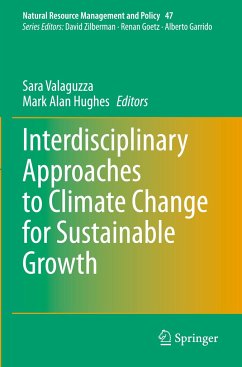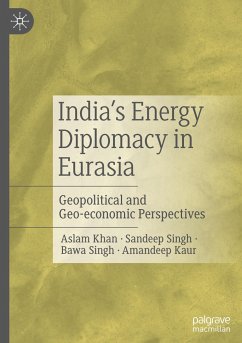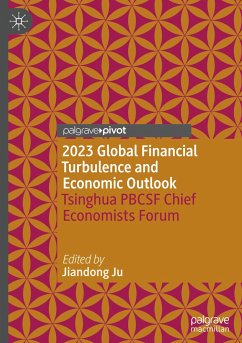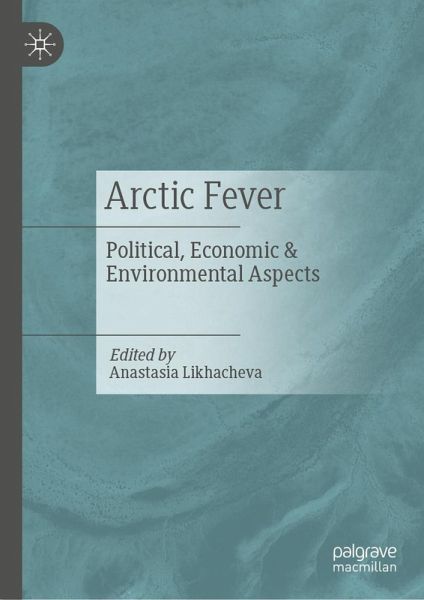
Arctic Fever
Political, Economic & Environmental Aspects
Herausgegeben: Likhacheva, Anastasia

PAYBACK Punkte
53 °P sammeln!
This book explores the Arctic as a rapidly evolving phenomenon in international affairs of a rising number of stakeholders. For decades, Arctic studies used to be an affair of a relatively narrow group of experts from northern countries. This time is over due to a new Chinese Arctic policy, as well as growing regional interests from South Korea, Singapore, India and Japan. Contributors reflect on new roles for the Arctic region: both as a playground for the old school nation state competition and even confrontation, and a new source for international cooperation in energy, logistics and natura...
This book explores the Arctic as a rapidly evolving phenomenon in international affairs of a rising number of stakeholders. For decades, Arctic studies used to be an affair of a relatively narrow group of experts from northern countries. This time is over due to a new Chinese Arctic policy, as well as growing regional interests from South Korea, Singapore, India and Japan. Contributors reflect on new roles for the Arctic region: both as a playground for the old school nation state competition and even confrontation, and a new source for international cooperation in energy, logistics and natural sciences. Climate change, political tensions and economic competition make Arctic a hotter venue of international relations. This new Arctic fever, studied through a comparative analysis of different regional agendas, especially with a focus on the US-China-Russia triangle, represents the main subject of our book, which will be of interest to scholars of geopolitics, of climatechange, and of 21st century energy economics.







